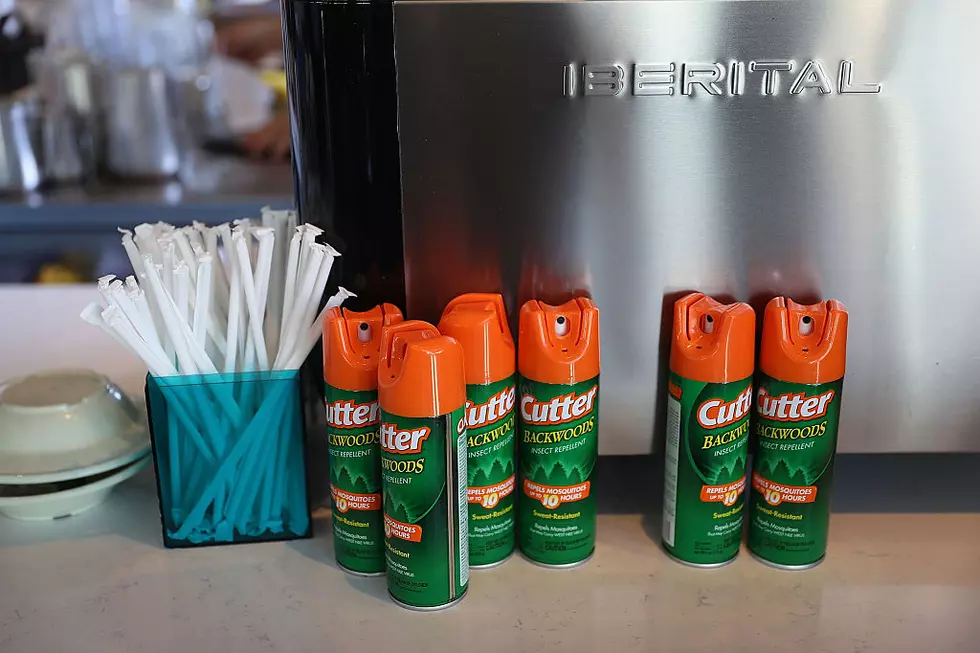
Zika virus: Lehigh student tests positive after trip abroad
A Lehigh University student who traveled abroad this winter has tested positive for the Zika virus, the school confirmed Wednesday.
"We are grateful to be able to report that the student has recovered and is feeling well," Lehigh said in a message posted on its website.
According to the school, state health officials indicate "there is no additional health risk to anyone on campus."
So far, there have been no reported cases of Zika being transmitted within the United States, but travelers to other countries have returned with the virus.
Also this week, the Pennsylvania Department of Health confirmed two female Pennsylvania had tested positive after returning from other countries. State Secretary of Health Dr. Karen Murphy said the two cases "pose no threat to the public."
It was not immediately clear whether the Lehigh student was one of the two Pennsylvania residents already identified with the virus.
New Jersey confirmed its first case of Zika in January, when a woman visiting Bergen County from Columbia was diagnosed, according to the state Department of Health.
The Zika virus does not cause serious illness in most who contract it. Symptoms can include fever, achy joints, conjunctivitis and a rash, but most people recover within days. But medical authorities warn it puts women at serious risk for birth defects.
The Zika outbreak is continuing inn several regions, including Mexico, the Carribean, Central and Southern America. The CDC has issued several travel alerts. Zika spreads primarily through the bit of infected mosquitos, but medical authorities are also investigating other potential forms of transmission. Cases of transmission through blood transfusions and sexual contact have been reported, as have cases of transmission from mother to child.
"Lehigh would like to advise members of the Lehigh community who are considering traveling in areas with the Zika virus to be aware and to take precautions," the school wrote in its message.
It also said any members of the shcool community showing symptoms within two weeks of travel to an affected areal should contact its health and wellness center.
More From New Jersey 101.5 FM









